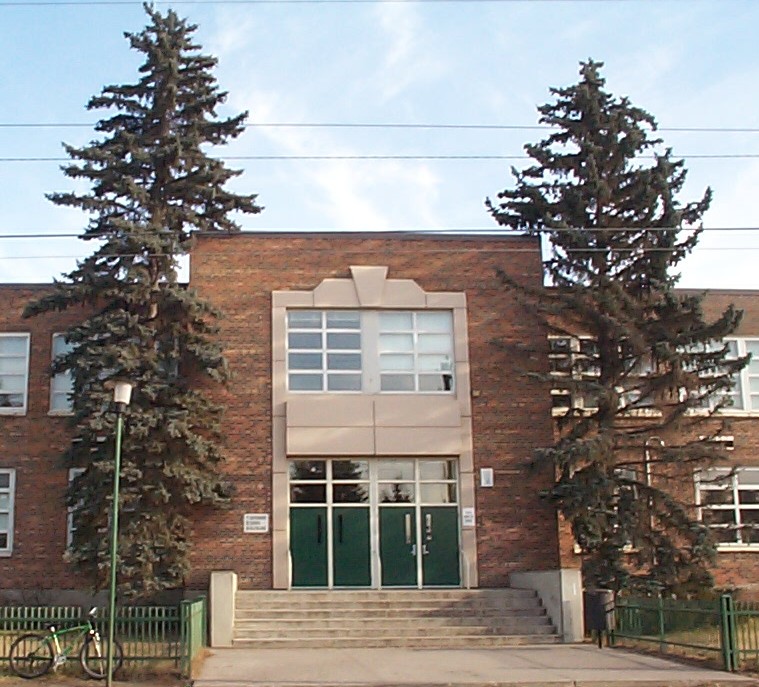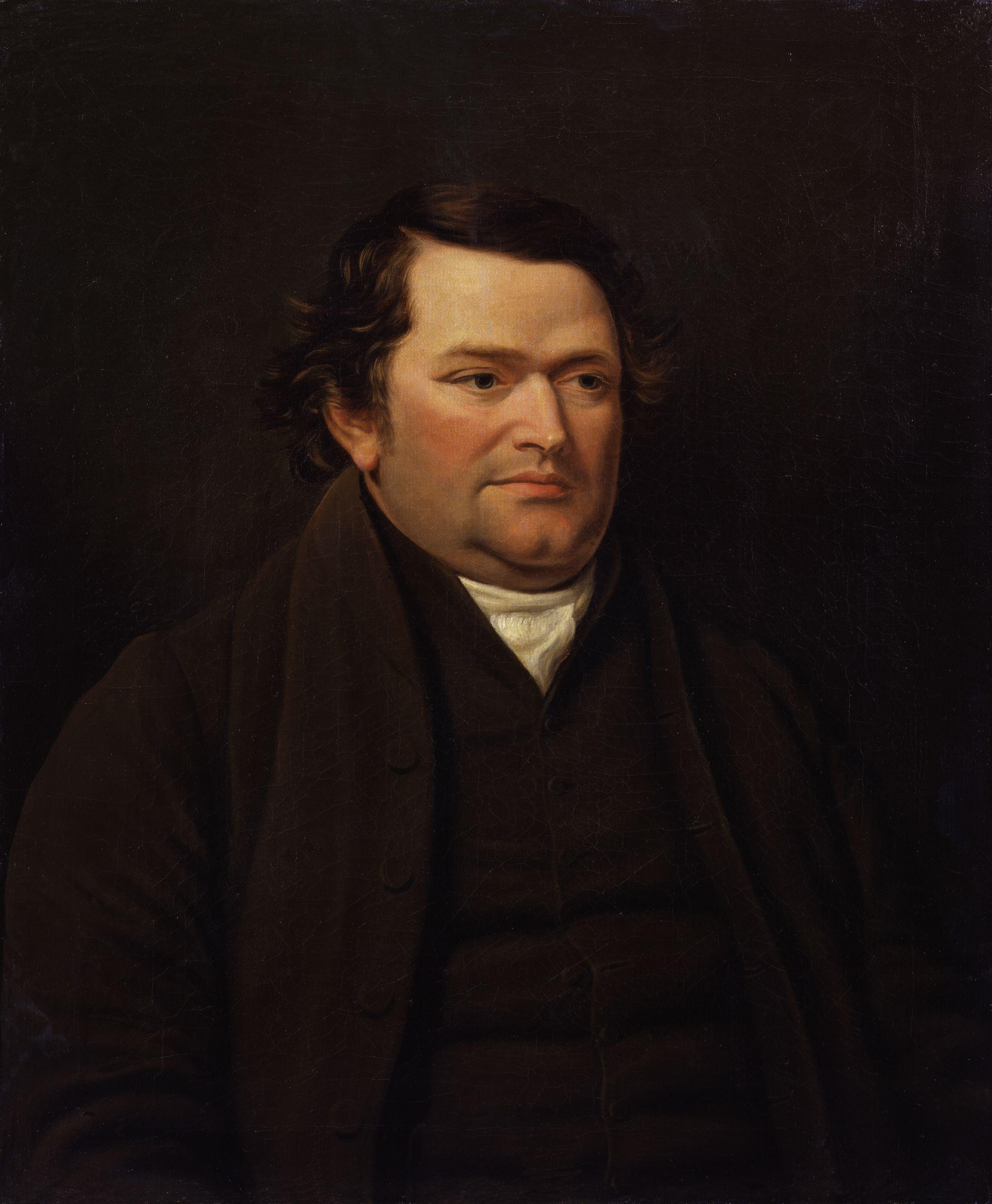|
Gifted At-Risk
Gifted students are outstanding learners who are not usually considered at risk of academic failure or problems. However, gifted students can still underachieve. There are risks related to the student's giftedness. This concept was formally set forth in 1972 in the U.S. in the Marland Report: Gifted and talented children are, in fact, deprived and can suffer psychological damage and permanent impairment of their abilities to function well which is equal to or greater than the similar deprivation suffered by any other population with special needs served by the Office of Education. Specific risks However, the following risks are listed in ''The Social and Emotional Development of Gifted Children'': * frustration, irritability, anxiety, tedium, and social isolation (p. 11) * intense social isolation and stress among those with IQ greater than 160 (p. 14) * difficulty making friends due to advanced concept of friendship, mostly among those less than age 10 (p. 23) * d ... [...More Info...] [...Related Items...] OR: [Wikipedia] [Google] [Baidu] |
Underachiever
An underachiever is a person who fails to achieve their potential or does not do as well as expected by their peers. Of particular interest is academic underachievement. Studies of individuals who have not realized their apparent potential have identified learning disabilities, ADHD, and many other educational problems, and subsequently enabled methods of addressing these problems. Current theories among academic scholars prefer to address underperformance problems with remedial help. The term is also used more generally; for example, a sports team that contains many star players but still loses games against teams with relatively little obvious talent might be termed underachieving. A stock which achieves poor profit and/or capital gains despite sound underlying business and/or assets may be called underachieving. See also *Achievement gap in the United States *Overachievement *Social mobility *Twice exceptional *Underearners Anonymous *Tang ping ''Tang ping'' () is ... [...More Info...] [...Related Items...] OR: [Wikipedia] [Google] [Baidu] |
Marland Report
The Marland report, officially ''Education of the Gifted and Talented: Report to Congress'', is a 1972 report to the Congress of the United States by Sidney P. Marland Jr., which contains a widely known definition of giftedness of children. It is the first national report on gifted education. One of its most compelling major findings was: Gifted and Talented children are, in fact, deprived and can suffer psychological damage and permanent impairment of their abilities to function well which is equal to or greater than the similar deprivation suffered by any other population with special needs served by the Office of Education. (pp. xi-xii) The deleterious effects of failing to provide GT services is corroborated by recent research: National efforts to increase the availability of a variety of appropriate instructional and out-of-school provisions must be a high priority since ''research indicates that many of the emotional or social difficulties gifted students experience dis ... [...More Info...] [...Related Items...] OR: [Wikipedia] [Google] [Baidu] |
Hawaii International Conference On Education
The Hawaii International Conference on Education (HICE) is an annual conference for Education academics and professionals currently sponsored by Pepperdine University, The University of Louisville, California State University, East Bay, and New Horizons in Education. The conference provides a platform for panel discussions and the presentation of peer-reviewed Peer review is the evaluation of work by one or more people with similar competencies as the producers of the work (peers). It functions as a form of self-regulation by qualified members of a profession within the relevant field. Peer review ... education research papers. Papers selected for presentation appear in the ''Proceedings of the Hawaii International Conference on Education'', which have grown to constitute nearly 45,000 pages of refereed material in the 9-year history of the conference. The first HICE took place in 2003. The conference now attracts over 1100 representatives from over 40 countries. HICE ... [...More Info...] [...Related Items...] OR: [Wikipedia] [Google] [Baidu] |
Gifted Education
Gifted education (also known as gifted and talented education (GATE), talented and gifted programs (TAG), or G/T education) is a broad group of special practices, procedures, and theories used in the education of children who have been identified as gifted or talented. The main approaches to gifted education are enrichment and acceleration. An enrichment program teaches additional, related material, but keeps the student progressing through the curriculum at the same rate as other students. For example, after the gifted students have completed the normal work in the curriculum, an enrichment program might provide them with additional information about a subject. An acceleration program advances the student through the standard curriculum faster than normal. This is done through many different approaches. There is no standard global definition of what a gifted student is; multiple definitions exist. Most definitions select the students who are the most skilled or talented in a give ... [...More Info...] [...Related Items...] OR: [Wikipedia] [Google] [Baidu] |
Intellectual Giftedness
Intellectual giftedness is an intellectual ability significantly higher than average. It is a characteristic of children, variously defined, that motivates differences in school programming. It is thought to persist as a trait into adult life, with various consequences studied in longitudinal studies of giftedness over the last century. There is no generally agreed definition of giftedness for either children or adults, but most school placement decisions and most longitudinal studies over the course of individual lives have followed people with IQs in the top 2.5 percent of the population—that is, IQs above 130. Definitions of giftedness also vary across cultures. The various definitions of intellectual giftedness include either general high ability or specific abilities. For example, by some definitions, an intellectually gifted person may have a striking talent for mathematics without equally strong language skills. In particular, the relationship between artistic ability ... [...More Info...] [...Related Items...] OR: [Wikipedia] [Google] [Baidu] |
Marland Report
The Marland report, officially ''Education of the Gifted and Talented: Report to Congress'', is a 1972 report to the Congress of the United States by Sidney P. Marland Jr., which contains a widely known definition of giftedness of children. It is the first national report on gifted education. One of its most compelling major findings was: Gifted and Talented children are, in fact, deprived and can suffer psychological damage and permanent impairment of their abilities to function well which is equal to or greater than the similar deprivation suffered by any other population with special needs served by the Office of Education. (pp. xi-xii) The deleterious effects of failing to provide GT services is corroborated by recent research: National efforts to increase the availability of a variety of appropriate instructional and out-of-school provisions must be a high priority since ''research indicates that many of the emotional or social difficulties gifted students experience dis ... [...More Info...] [...Related Items...] OR: [Wikipedia] [Google] [Baidu] |
Education Reform
Education reform is the name given to the goal of changing public education. The meaning and education methods have changed through debates over what content or experiences result in an educated individual or an educated society. Historically, the motivations for reform have not reflected the current needs of society. A consistent theme of reform includes the idea that large systematic changes to educational standards will produce social returns in citizens' health, wealth, and well-being. As part of the broader social and political processes, the term education reform refers to the chronology of significant, systematic revisions made to amend the educational legislation, standards, methodology, and policy affecting a nation's public school system to reflect the needs and values of contemporary society. Before the late 18th century, classical education instruction from an in-home personal tutor, hired at the family's expense, was primarily a privilege for children from wealthy ... [...More Info...] [...Related Items...] OR: [Wikipedia] [Google] [Baidu] |

